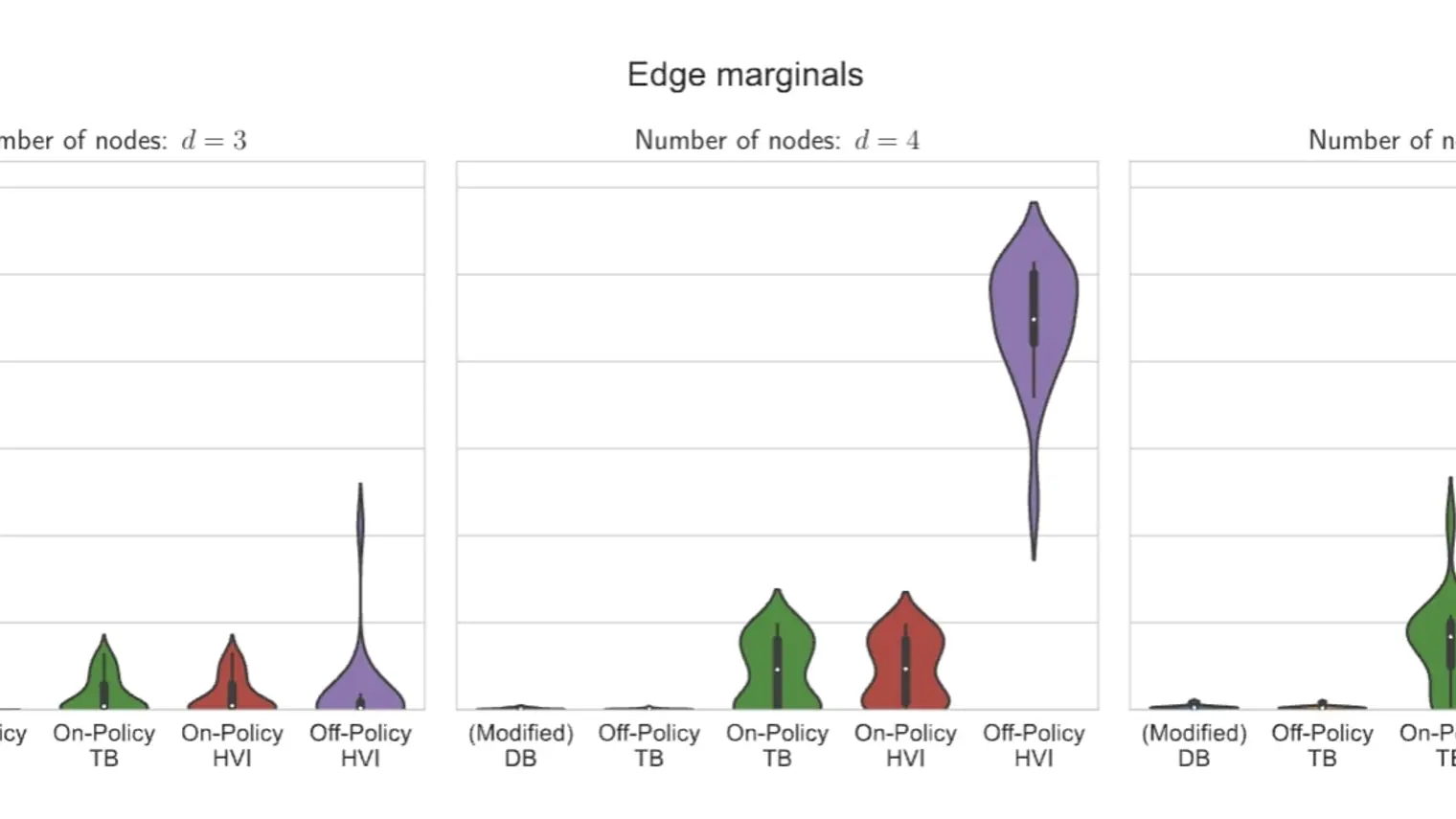
Nikolay Malkin
Collaborating Alumni - Université de Montréal
Supervisor
Research Topics
Computer Vision
Deep Learning
Generative Models
Natural Language Processing
Probabilistic Models
Reasoning
Reinforcement Learning



